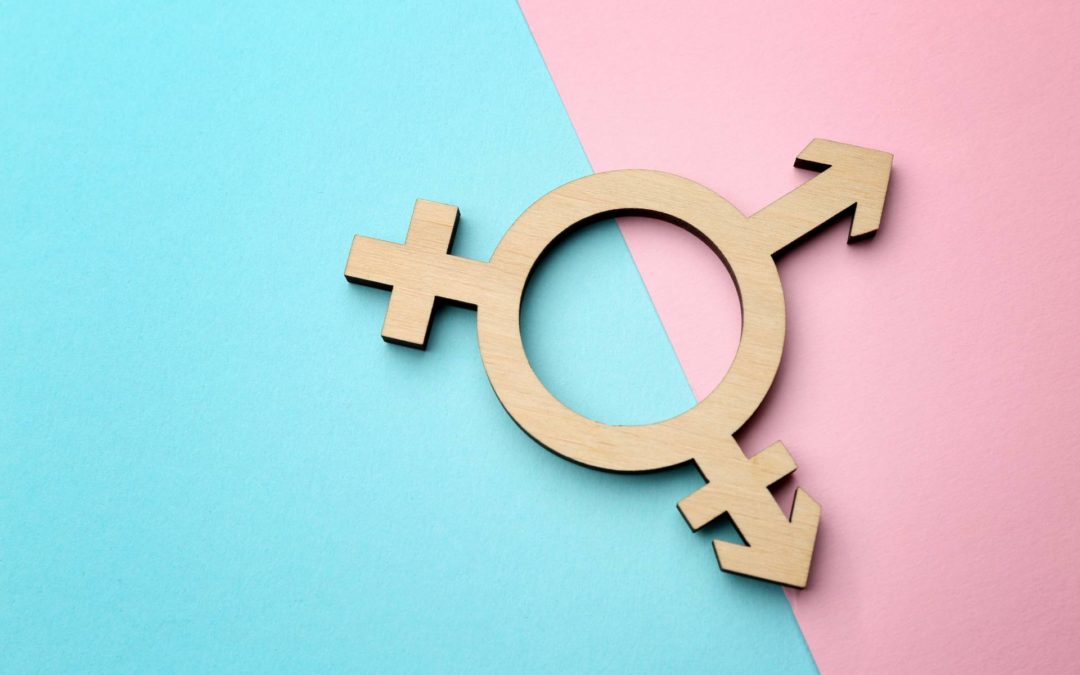In Tennessee, transgender and non-binary people are under attack by the supermajority in the Tennessee General Assembly. Unfortunately, they have passed a bill banning gender-affirming care for LGBTQIA+ youth under the age of 18. As a psychotherapist, I am deeply concerned about this legislation. If it becomes law, it will have a profoundly negative impact on the mental health of LGBTQIA+ youth in Tennessee. Before I briefly review some of the research supporting the psychological benefits of gender-affirming hormone therapy (“GAHT” for short), let me be clear: whether or not you choose to undergo gender-affirming medical care, your gender identity and expression is real and valid. In addition to that comment, I also believe that it is incredibly important that transgender and non-binary people are not legally restricted in how they can affirm their gender identity.
In October of 2021, The Trevor Project published a peer-reviewed study in the Journal of Adolescent Health that examined psychological health amongst trans and non-binary youth who receive GAHT (Green et al., 2021). Some of the key findings were:
- “Half of all transgender and non-binary young people said they were not using GAHT but would like to, 36% were not interested in receiving GAHT, and 14% were already receiving GAHT” (p. 643).
- “Young people receiving GAHT reported a lower likelihood of experiencing recent depression and considering suicide compared to those who wanted GAHT but did not receive it” (p. 643).
- “For youth under age 18, receiving GAHT was associated with nearly 40% lower odds of recent depression and of a past-year suicide attempt” (Weaver, 2021, para. 3).”
- “Findings demonstrate that GAHT is significantly related to lower rates of depression and suicidality among transgender and non-binary youth.” (Green et al., 2021, p. 643).
The Trevor Project is not alone in its support of gender-affirming care. Gender-affirming care is supported by the governing bodies of several professions, such as the American Medical Association and the American Academy of Pediatrics (AMA, 2021; AAP, 2018). In 2021, AMA Board Member Dr. Michael Suk said, “Gender-affirming care is medically-necessary, evidence-based care that improves the physical and mental health of transgender and gender-diverse people.” An organization more closely related to my profession, The American Psychiatric Association, is also in support of gender-affirming care, writing, “The American Psychiatric Association supports access to affirming and supportive treatment for trans and gender diverse youth.” (APA, 2020, p. 2). They also said, “The American Psychiatric Association opposes all legislative and other governmental attempts to limit access to these services for trans and gender diverse youth, or to sanction or criminalize the actions of physicians and other clinicians who provide them” (APA, 2020, p. 2).
There is no debating it: medical and psychological gender-affirming care saves lives. Professional organizations support it, and it’s time that state legislatures opposing LGBTQIA+ rights listen to the experts. Here at Works Counseling Center, my colleagues and I will continue to support the LGBTQIA+ community and LGBTQIA+ youth, both in our advocacy efforts and as psychotherapists.
References:
AAP Policy Statement Urges Support and Care of Transgender and Gender-Diverse Children and Adolescents. (2018, September 17).
American Medical Association. (2021, June 15). AMA reinforces opposition to restrictions on transgender medical care.
American Psychiatric Association. (2020, July). Position statement on treatment of transgender (trans) and gender diverse youth. Retrieved February 26, 2023,
Green, A. E., DeChants, J., Price, M. N., & Davis, C. A. (2021). Association of Gender-Affirming Hormone Therapy With Depression, Thoughts of Suicide, and Attempted Suicide Among Transgender and Nonbinary Youth. Journal of Adolescent Health, 70(4), 643–649.
Weaver, J. (2021, December 23). New Study Finds Gender-Affirming Hormone Therapy Linked to Lower Rates of Depression, Suicide Risk Among Transgender Youth. The Trevor Project.

